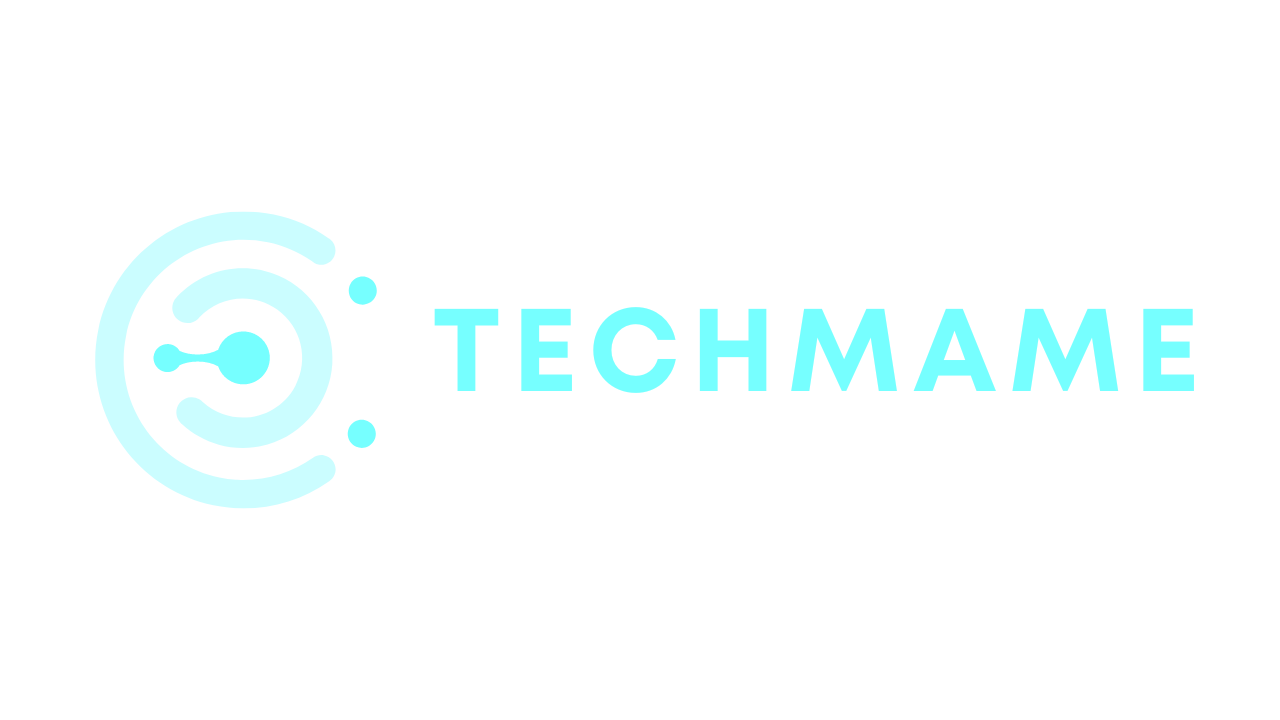The Role of Care Coordination Softwares in Streamlining Patient Care

Introduction
In today’s healthcare landscape, efficient patient care is crucial. Medical providers, hospitals, and healthcare organizations are constantly seeking innovative solutions to enhance efficiency and improve patient outcomes. One such innovation is care coordination softwares, which streamline communication and collaboration among healthcare providers.
What Are Care Coordination Softwares?
Care coordination softwares are digital solutions designed to facilitate seamless communication and information sharing among healthcare professionals. They help bridge gaps in care by ensuring that every provider involved in a patient’s treatment has access to real-time data, medical history, and treatment plans.
Key Features of Care Coordination Softwares
- Centralized Patient Records: Access and update patient information in real-time.
- Automated Scheduling: Reduce delays and missed appointments.
- Secure Messaging: Enhance provider-to-provider and provider-to-patient communication.
- Data Analytics: Track patient progress and identify areas for improvement.
The Benefits of Developing Tailored Care Plans
One of the key advantages of using care coordination softwares is the ability to develop tailored care plans for patients. These personalized care strategies ensure that treatment approaches align with individual health needs, leading to better patient outcomes.
Advantages for Patients and Providers
- Reduced Hospital Readmissions: Coordinated care leads to fewer complications and hospitalizations.
- Improved Medication Management: Ensures patients follow prescribed treatments accurately.
- Enhanced Patient Engagement: Patients receive timely reminders and personalized care plans.
- Better Chronic Disease Management: Continuous monitoring helps manage conditions like diabetes, heart disease, and hypertension.
Conclusion
Care coordination softwares play a vital role in modern healthcare by improving efficiency, enhancing communication, and positively impacting patient outcomes. By leveraging these technologies to develop tailored care plans, healthcare providers can deliver more effective and patient-centered care, ultimately leading to improved health outcomes.





